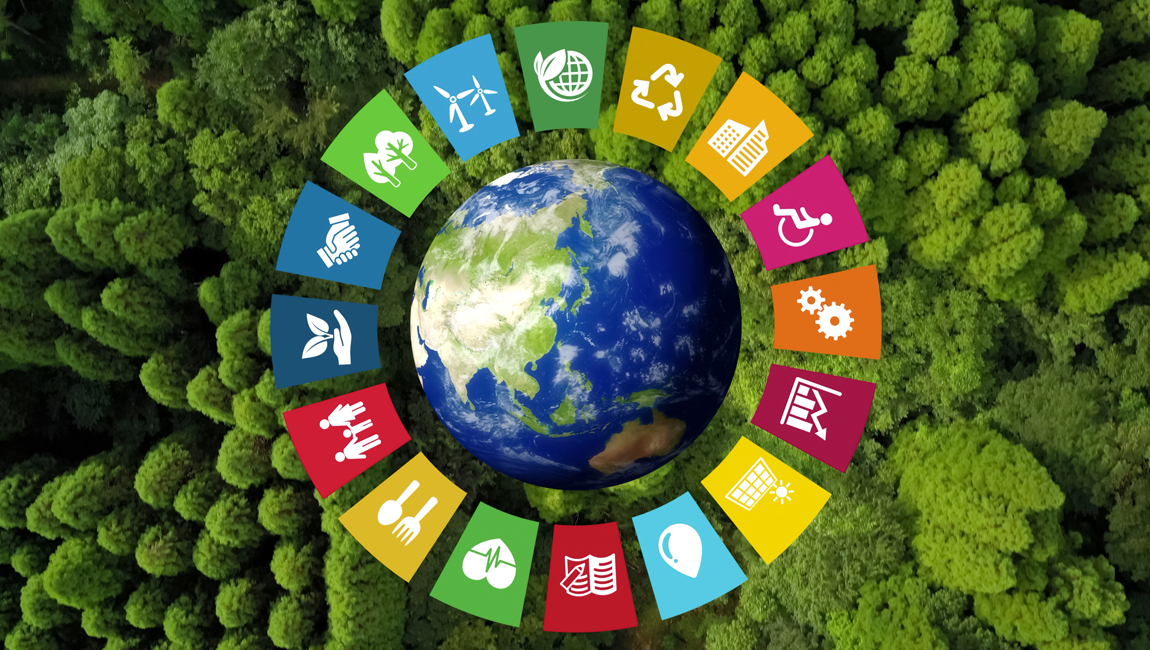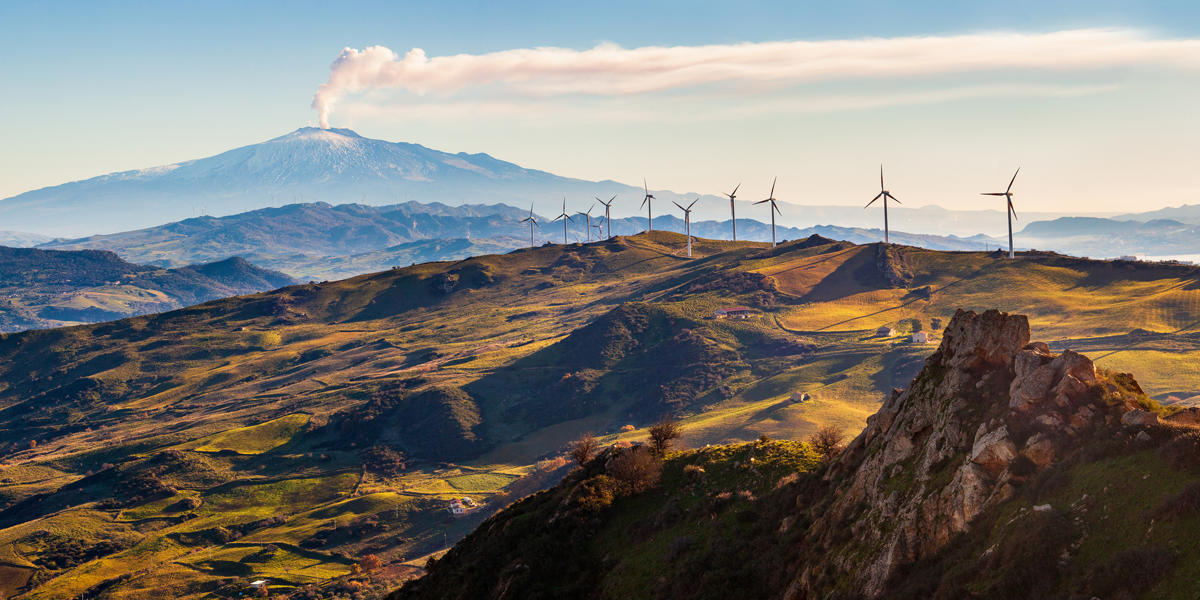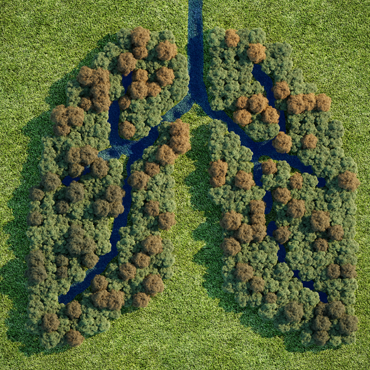Climate change: what it is, causes, effects

Climate change is the great challenge of our times. To ensure a safe future for new generations and for our planet, finding and implementing climate change solutions is of crucial importance. But for effective changes to take place, individuals, organizations, policymakers and governments across the globe must familiarize themselves with the basics of the issue.
What is climate change?
To understand the crisis of climate change, first we have to understand climate itself. The definition of climate is the average weather in a place over a long time span. In simple terms, climate change occurs when that baseline shifts.
Although weather conditions have always been variable, the world’s temperatures have been steadily on the rise since humans and industries became reliant on fossil fuels like oil, gas, and coal. These harmful fuels power many of modern life’s conveniences – such as transportation, heating, and electricity – and have substantially contributed to increasing global carbon dioxide (CO2) emissions. Deforestation, the practice of burning or chopping down trees, is another factor in climate change. The process releases the carbon the trees normally hold into the atmosphere.
In short, the frenzy of human activity and production brought on by industrialization, urbanization, and the pace of contemporary life are the most significant and sustained causes of climate change.
Our planet is currently experiencing a period of rapid climate change. Since the 19th century and the onset of industrialization, CO2 emissions have gone up by approximately 50 percent, and by 12 percent in just the last twenty years. While measures are in place to mitigate the crisis, more action is needed, both collectively and individually.
Effects of climate change
The most immediate consequences of climate change are already visible. Climate change is affecting the way humans live and get their needs met, having ramifications on food production, water supply, and other crucial areas. Poorer and underserved populations will face the worst of the effects of climate change on quality of life, but all demographics have already begun to face consequences. Extreme weather events like torrential rainfalls, heatwaves, droughts, and storms of all sorts have become commonplace, and will worsen if dramatic changes are not enacted.
In addition, due to rising sea levels and warming temperatures that are now widespread, parts of the planet could eventually become unsustainably hot or perhaps even uninhabitable.
But the effects of climate change extend beyond impacts on daily human life and economics. Wildlife and the natural environment also suffer—perhaps even more so. Numerous plant and animal species are becoming endangered or even risk extinction. This is in part due to the direct effects of climate change on their habitats and living conditions.
Though some species will adapt and migrate to new locations, others will be unable to cope, since their survival is reliant on specific elements and conditions. Polar bears are a familiar example of this, as the ice they depend on is melting away at an alarming rate. As oceans absorb more CO2, tropical coral reefs are also at risk of disappearing.
Increasingly unpredictable weather patterns also set the stage for wildfires, which have seen an uptick in recent years.

How can we stop climate change?
To find sustainable solutions to climate change, governments, policymakers, scientists, associations, and corporations around the world must collaborate. International cooperative measures and binding treaties like the Paris Climate Agreement are steps in the right direction, but nations must live up to the standards set out therein.
Reducing CO2 emissions sufficiently to curb the effects of climate change will require overhaul of many of our systems. Countries have been prompted to set goals of getting their greenhouse gas emissions to “net zero” by the mid-century. The transition to clean energy is a key component in this fight. This means pivoting away from energy sources, like fossil fuels, that release greenhouse gases and toward those that release little to none. Some examples of clean energy sources that can help combat climate change are solar and wind energy, nuclear power, and, in some instances, hydropower.
Individuals looking to do their part in the fight against climate change can lessen their impact in a number of ways. Adopting a vegetarian or vegan diet or simply reducing red meat consumption is one step you can take. Opting to take public transport, walk, or bicycle when possible is another small change with significant impact. Taking fewer flights and shopping secondhand for items like clothing and furniture is also advisable.





